Why effective social anxiety disorder treatment is trauma-informed
After discovering that you or a loved one has social anxiety, your natural next question might be, “what caused this?”
—> Free Quiz: Do I Have Social Anxiety?
Like other anxiety disorders, social anxiety has many causes.
First, genetic and other biological factors may predispose individuals to develop social anxiety. For example, some shy individuals’ brains may be more sensitive to social rejection thanks to an overactive fear center (i.e. amygdala).
Others may develop social anxiety due to growing up in a shy or overprotective family. When parents model anxious behavior in social situations, children may unconsciously learn to fear strangers. In addition, kids who are encouraged to stay close to the family and avoid taking social risks may enter adulthood overly sensitized to failure and rejection.
In addition, scary, humiliating, or overwhelming experiences can cause an individual to develop a fear of rejection and other human beings. In that way, social anxiety may result from traumatic experiences.
While most social anxiety survivors developed symptoms by age 13, typically the disorder only becomes a lifelong issue after experiencing a stressful or traumatic event.
What kind of trauma causes social anxiety?
A number of traumatic experiences can cause an individual to develop social anxiety. These include:
Growing up in an abusive, neglectful, or otherwise dysfunctional family.
Bullying.
Humiliation by a teacher, e.g. being criticized in front of the class.
Immigration.
Living in a racist, sexist, homophobic, and otherwise unjust society as a member of an oppressed group.
Sexual assault.
Working in a hostile or toxic environment.
Chronic or catastrophic illness.
Sudden loss.
Whether the traumas were intense and discrete or subtle and ongoing, overwhelming experiences of rejection or humiliation can teach our nervous systems to associate people with pain.
How do you uncover the root cause of social anxiety?
You may be wondering how to clarify whether trauma is the root cause of your social anxiety.
First and foremost, conduct a thorough inventory of your past experiences.
If at all possible, do this with the support of a skilled social anxiety therapist. Your counselor will interview you about your past experiences and suss out how much of your anxiety stems from unresolved trauma.
If you don’t have access to a skilled therapist, you can use self-help practices such as journaling and meditation to examine the roots of your shyness. For example, you might meditate or write on the following prompts:
What is my earliest memory of feeling socially anxious?
Did any difficult experiences precede that first moment of shyness?
What other challenges have I faced that may have contributed to my social anxiety?
When listing memories and challenges that might underlay your shyness, try not to filter. Include even those experiences that you might judge as “not a big deal.”
While conducting your inventory, take note of your emotions; strong, unresolved feelings may signal that a past experience set the stage for your social anxiety.
To uncover the trauma underneath your anxiety, listen closely to your Inner Critic
In addition to inventorying past experiences, you can uncover the roots of your anxiety by listening closely to your Inner Critic.
The Inner Critic is that critical voice within that likes to point out your flaws. It’s a well-meaning but harsh part of your mind that tries to protect you by calling attention to your mistakes.
For those with social anxiety, the Inner Critic says things like:
Ugh, I was so awkward in that interaction!
My date looks so bored. I’m the worst at conversation.
I can’t believe I fumbled over my words in that team meeting. I’m an idiot!
No one actually likes me and I don’t blame them.
Trauma survivors tend to have extremely domineering Inner Critics; in fact, relentless and ruthless self-flagellation is often a smoking gun for trauma-based social anxiety.
Take a moment now to listen closely to your Inner Critic. Do they remind you of anyone?
In trauma-based social anxiety, the Inner Critic tends to sound similar to the people who hurt you in the past.
Your Critic may actually be the internalized voice of:
An abusive or neglectful parent.
A bully (or three).
A hypercritical partner.
A sexual abuser.
A demeaning boss.
An emotionally-dependent parent.
Overprotective caregivers who taught you that you’re fragile and helpless.
Shameful experiences that you’d do anything to keep hidden.
Grief and helplessness related to heartbreak and/or significant loss.
Family members who blame and scapegoat you for the family’s problems.
Caregivers who struggle with (social/dating) anxiety and modeled social avoidance.
It could also be the internalized voice of oppression, including:
Racism
Sexism
Ableism
Sizeism
Ageism
Heterosexism
Classism
Genderism
Ethnocentrism
Gender norms
Religious oppression
Shaming of introverts in extroverted cultures
Getting intimately familiar with your Inner Critic can help you determine whether your social anxiety developed as the result of a difficult past experience.
Effective social anxiety disorder treatment addresses the root cause
During my 10+ years of offering social anxiety disorder therapy, countless individuals have sought me out after receiving little or no improvement from previous courses of therapy.
More often than not, these individuals are trauma survivors who start to see results when we combine gold-standard treatments like cognitive-behavioral therapy (CBT) with trauma-informed approaches.
If you or a loved one are ready to develop confidence so that you can finally have the happy relationships you crave, consider trauma-informed social anxiety therapy.





